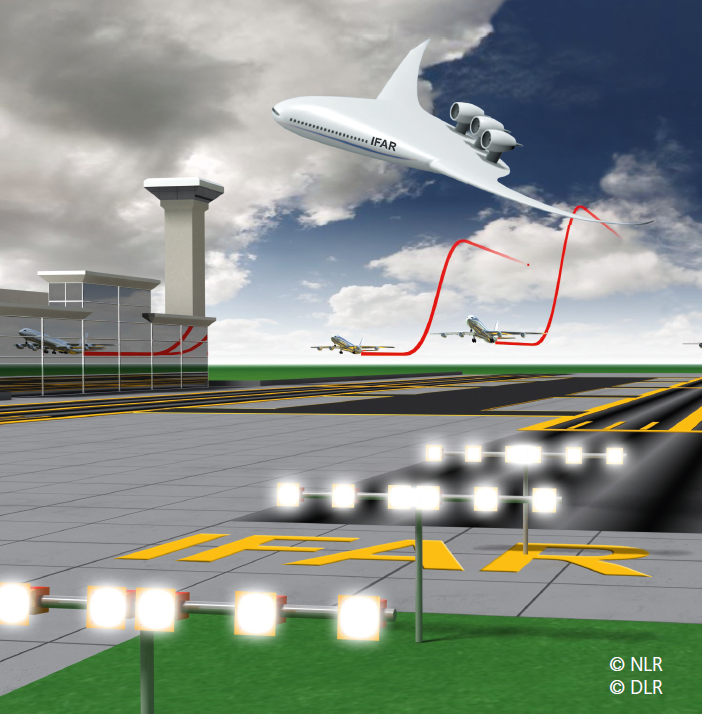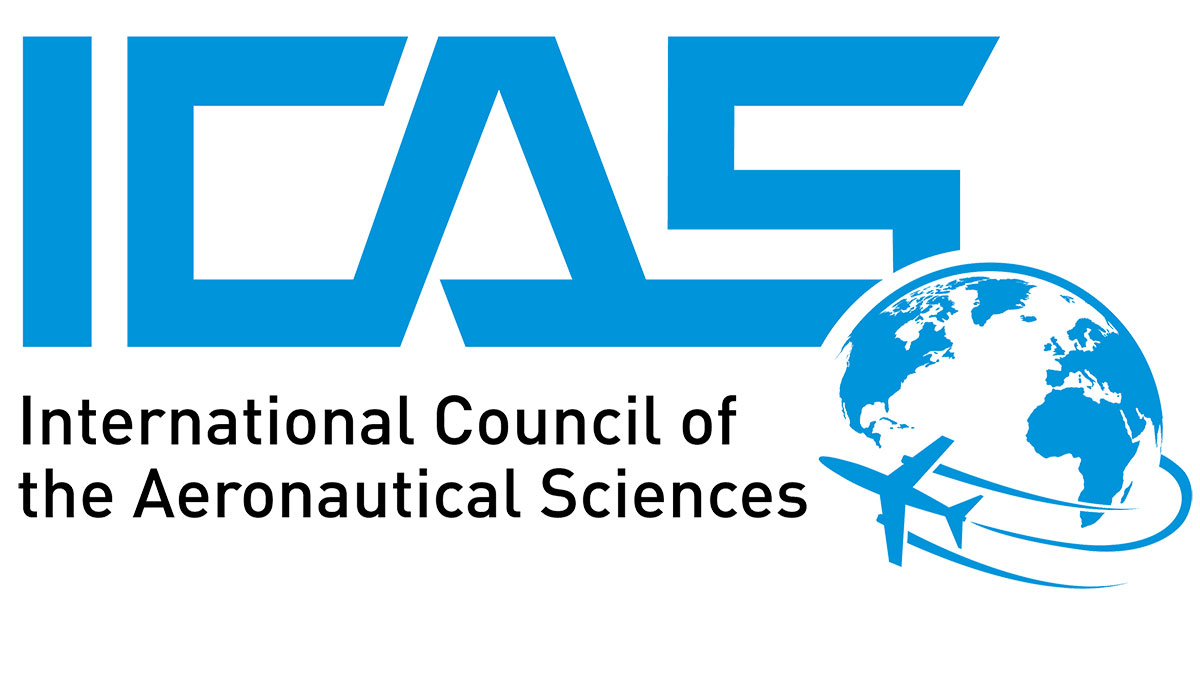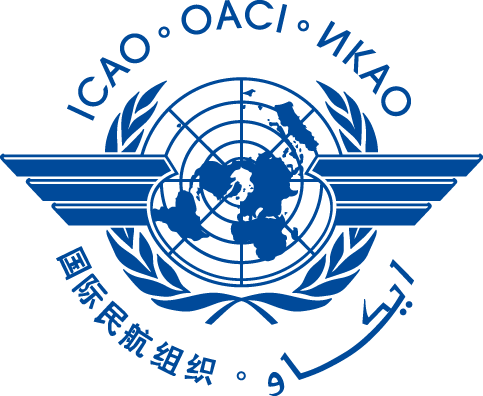IFAR, the International Forum for Aviation Research, is the world´s aviation research establishment network. IFAR is established on a voluntary, non- binding basis. IFAR aims to connect research organisations worldwide, to enable the information exchange and communication on aviation research activities and to develop among its members a shared understanding on challenges faced by the global aviation research community.
IFAR develops views and recommendations, e.g. the IFAR Framework Document on future research strategies and facilitates opportunities for networking and partnerships. IFAR develops a regularly updated IFAR Framework Document outlining global research objectives and technological opportunities for use by its Members. The focus of IFAR is on non-competitive aviation research and development related to global technical challenges such as those pertaining to
- emission,
- noise,
- security,
- safety,
- efficient operations
and steps to reduce the impact of aviation on climate and the environment.
Beyond the scientific and technical activitites IFAR aims also on exchange on education and promotion of youth scientists and engineers by the development of an action plan and specific measures.
Objectives
1. IFAR aims to realise its purpose inter alia by the following activities:
- Connecting the global aviation research community worldwide
- Serving as a venue for information exchange and communication, e.g. by its Summits, by conducting meetings, workshops and conferences, hosting internet forums, etc.)
- Developing among its Members a shared understanding on a common set of key challenges faced by the global aviation research community;
- Developing views and recommendations, e.g. the IFAR Framework Document, to inform on future research strategies and – where appropriate – to develop a combined research strategy for the future; the Framework Document may inter alia be based on:
- a comparison of existing goals/objectives;
- an inventory of possible concepts or technologies which could be developed to accomplish certain objectives.
- Publishing and disseminating information (e.g. via webpage, flyers, publications, conferences)
- Issuing IFAR views and recommendations and give advice on aviation topics; the purpose of issuing such views and recommendations is to define trends in aeronautics research and/or inform emerging regulations; views and recommendations are not meant as binding guidance to individual IFAR members.
2. Within IFAR, IFAR Members aim to exchange information and plans concerning aviation research activities, and identify and evaluate options for new opportunities for cooperation and applying the results of aviation research. Any specific cooperative activities will be implemented through specific separate agreements between the concerned Members.
Organisational Structures
IFAR Summit meetings
- Annually, principals from IFAR members convene at an IFAR Summit meeting. This event promotes the networking and information exchange of members as well as sets and endorses the IFAR goals and activities for the coming year. A Summit may establish technical and non technical expert groups for IFAR activities of high interest.
IFAR Leadership team
- The IFAR Leadership team consists of IFAR Chair, IFAR Vice-Chair, IFAR Past Chair (rotating members with a term of two years), IFAR Founding member organisation (DLR) and IFAR Founder.
- Every two years the IFAR Chair and IFAR Vice-Chair are elected by the IFAR Summit.
IFAR Secretariat
- IFAR activities are supported by the IFAR Secretariat.
IFAR Steering Committee
- For technical and organizational matters supporting the activities between Summits and reporting to the members of the Summit.
- Membership: a representative from each IFAR members, including the the IFAR Secretariat.
IFAR Working groups and initiatives
- There are several technical and non technical working groups and initiatives where interested members collbaorate.



